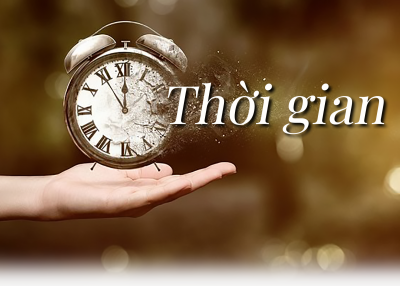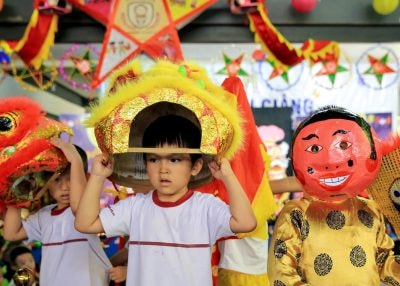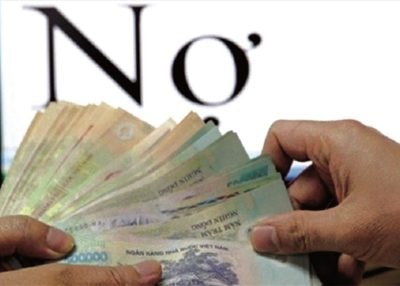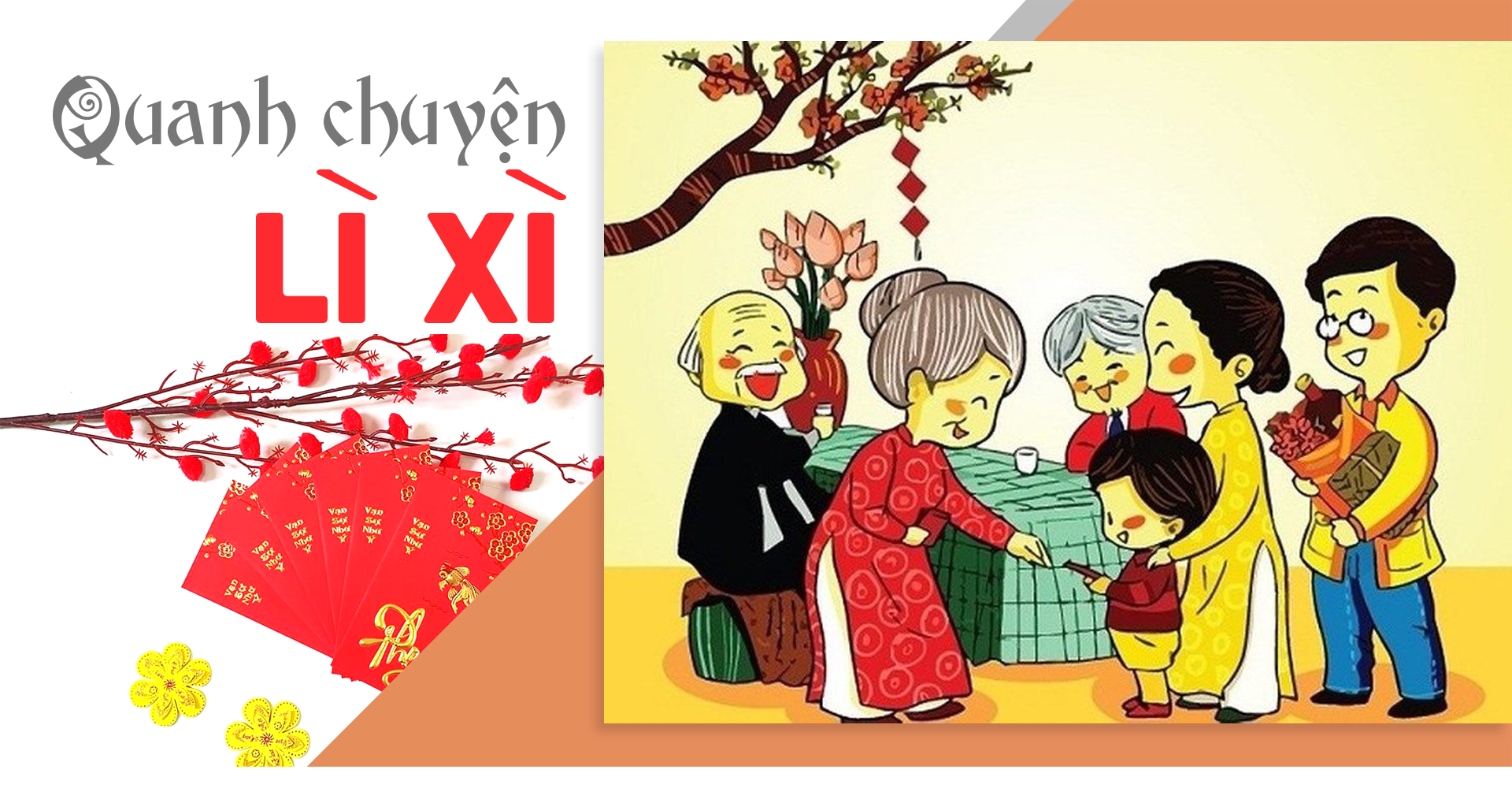
Giving lucky money (also known as li xi) has become a tradition with the cultural beauty of the Vietnamese people. New bills are put in red envelopes with the meaning of bringing luck and peace to the elderly and children. I still never forget the memories of the old Tet, right after the sound of firecrackers, by the charcoal stove, my grandfather called the grandchildren over, smiled and gave each of them a red envelope, patted each child's head and gave each of them a meaningful wish. After that, my parents and uncles also respectfully gave lucky money back to my grandparents, wishing them a happy and healthy life... During Tet, when guests come to visit, red envelopes are taken out by adults and given to the children. I am excited about the first red envelopes of the year that adults give lucky money, the money in those red envelopes is put by my mother in a piggy bank. Sometimes it is used to buy books, sometimes it is used to buy new clothes and sometimes it is used to give to people in difficult circumstances...
Growing up, Tet holidays passed one after another, it was my turn to give lucky money to the children. Still the old concept, the amount of money is not important, the main thing is the affection and love that you have for the children. Therefore, the value of the lucky money envelopes is only at a moderate level. However, an "incident" made me fall into a "half-crying, half-laughing" situation. Last year, when I went back to my hometown to celebrate Tet, on the first day of the year, quite a lot of children in the neighborhood came to visit, including 15 children. I went into the room, put in a red envelope, each envelope had a brand new 20,000 VND bill, "Auntie, give lucky money to the children". The children shouted when receiving the envelopes: "So happy, thank you auntie". However, right after tearing open the envelope, pulling out the 20,000 VND bill, one of them threw the envelope on the ground, shoved the money into the hand of the adult who was with him, his face showing disappointment. Adults hurriedly took their children home, and outside the gate I could still hear them whispering, “City people only get 20,000 VND as lucky money. It’s not worth it.” I was stunned. That whole Tet, I didn’t dare go anywhere because I was afraid of the “disaster” of lucky money. If I got too much, I wouldn’t have any money, if I got too little, I would hear bad words…
And also during that Tet, as usual, after the New Year's Eve ceremony, I gave lucky money envelopes to the children in the family. Each child got 200,000 VND, and each parent and grandparent got 500,000 VND. And then it was my sister-in-law's turn, without needing an envelope, she immediately took out a stack of 500,000 VND bills with the original serial number and gave each child 2 bills, and the adults present 4 bills. The children exclaimed with delight, singing "mu ut nam-bo-oan, 5 times more than the eldest uncle". I smiled wryly, but my husband showed his displeasure on his face.
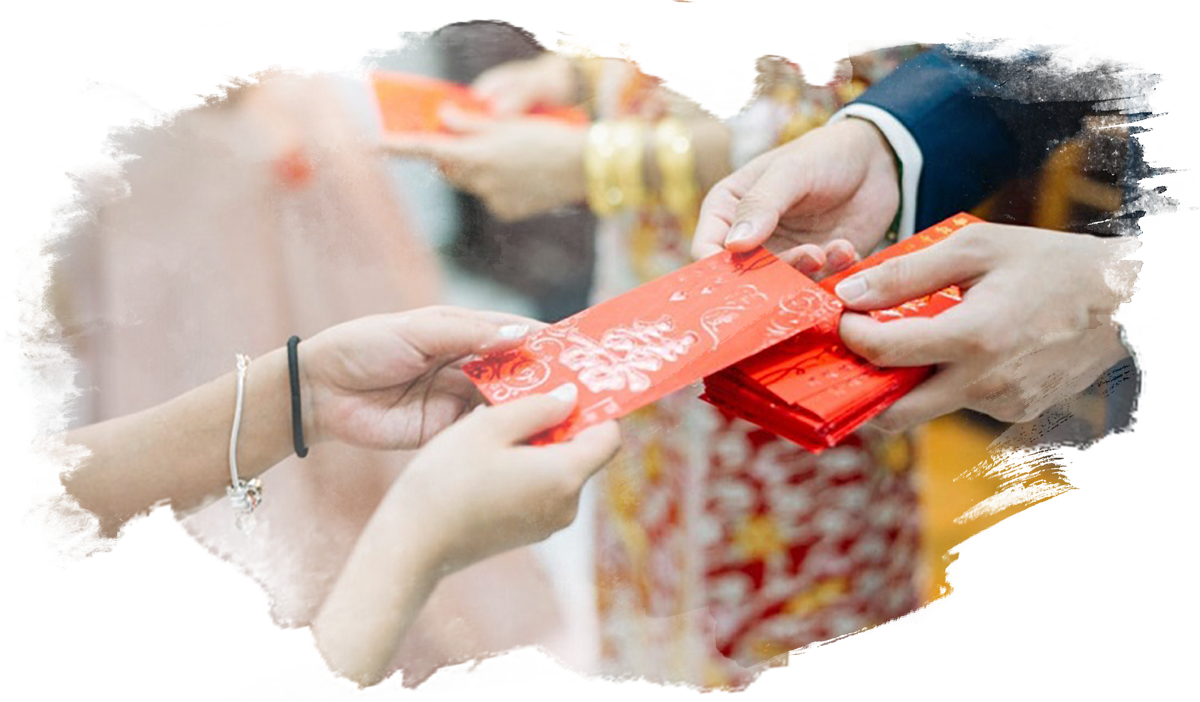
Nowadays, lucky money is no longer a custom of giving lucky money at the beginning of the new year, but has been transformed into many different purposes. It is an opportunity for people to repay the favors they have received from those they have asked for; an occasion to give gifts to superiors, a place for people to show off their class, show off their wealth, prove that they “have money”. And invisibly, lucky money is a gift for children that has become a “debt” of adults…
A beautiful custom, a cultural feature of the beginning of Spring has been distorted by the distorted views of adults, causing children to not know the meaning of lucky money but only care about the denomination of money they receive, showing joy or disappointment every time they open the envelope. Therefore, I always try to teach my child about the meaning of lucky money, to appreciate the red envelopes that adults give lucky money, not to open or open the envelopes in crowded places, not to compare, not to pay attention to who gives her lucky money more or less... Therefore, even though she is 6 years old and in first grade, she is very excited every time she receives a red envelope, and only accepts lucky money from adults when it is put in the envelope. Those envelopes, carefully kept in a pretty paper box, are taken out on the last day of the Tet holiday to count how many red envelopes she has received, not how much lucky money she has received during Tet. Many people say my child is “naive”, but I think differently. I just want my child to maintain that purity and innocence, and I only hope that: giving lucky money - a beautiful custom - will not become a bad custom...
Article: Tue Anh
Illustration: Document




